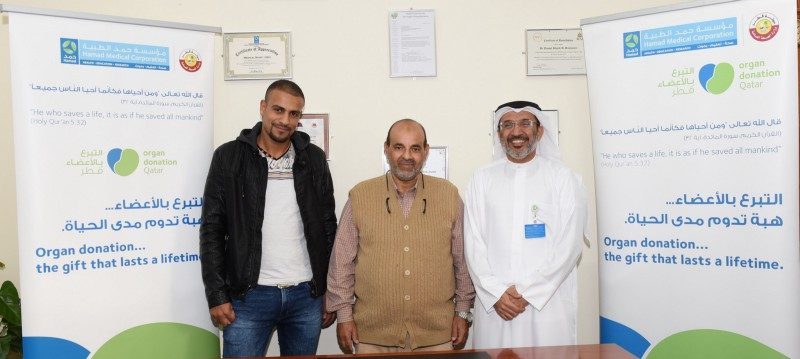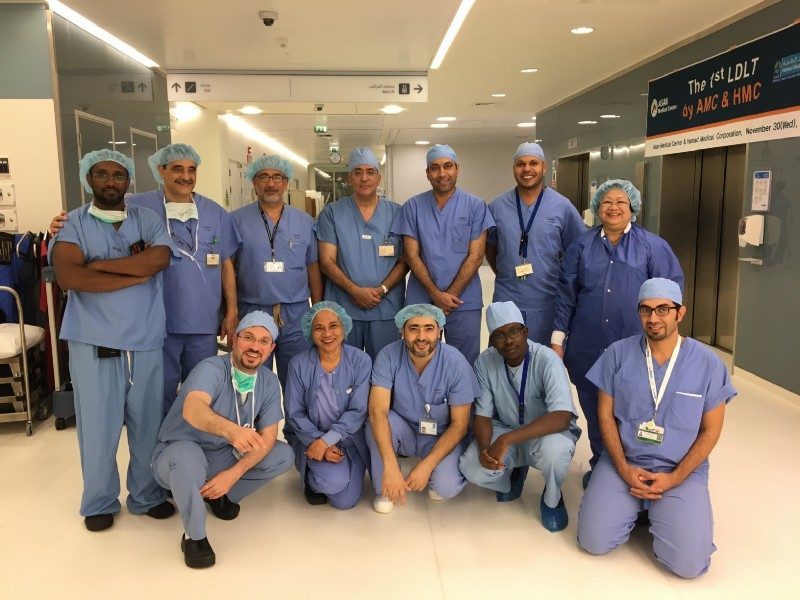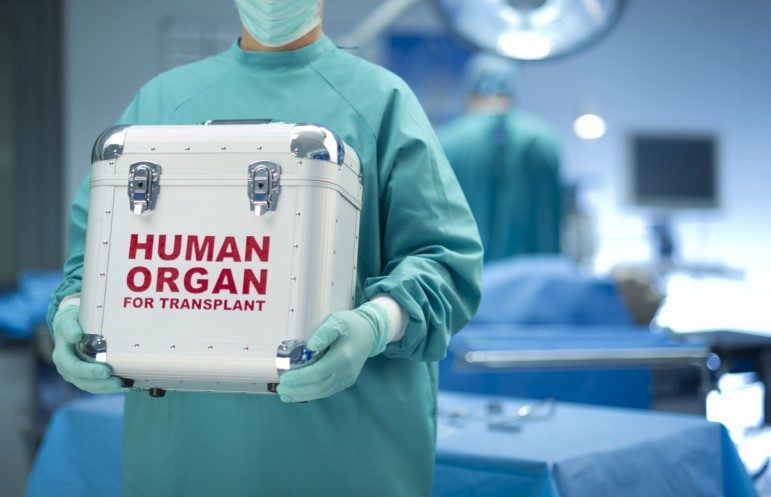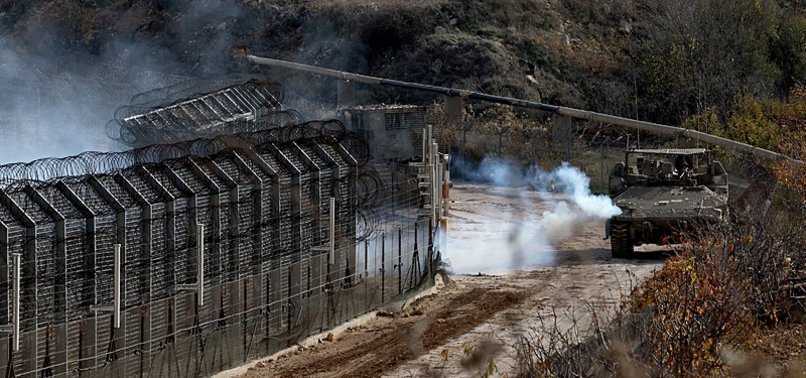
Surgeons at Hamad General Hospital have successfully performed the nation’s first liver transplant from a living donor.
Usama Taher Zaid donated a piece of his liver to his uncle in November, saying: “The love and compassion bestowed on me by my uncle following the death of my father prompted me to give him the gift of life.”
The 26-year-old spent about a week in the hospital following his eight-hour surgery.
The recipient, 58-year-old Ashraf Zaid, was diagnosed with cirrhosis in 2014 while living in Qatar.

When he found out he needed a transplant, he traveled to his home country of Egypt in search of a donor, as his son was not a match.
In a statement, he said:
“While in Egypt, I received a call from Hamad General Hospital advising that a donor was found and I had to return to Doha. Upon arrival in Doha, I was surprised to find out that the donor was my nephew.”
Zaid’s surgery lasted about 12 hours and involved two weeks of recovery time, Hamad Medical Corp. (HMC) said.
Expanding care
Qatar has been improving its organ transplant offerings in recent years, in a bid to discourage medical tourism abroad for safety reasons.
Currently, living donors can give a kidney or part of a liver (usually to a relative), or organ donations can be made after death.

At the moment, Qatar transplants livers and kidneys and is also working on procedures for pancreas transplants.
The growing population means there is a waitlist for people in need of kidneys and livers.
Signing up to be an organ donor takes only a couple of minutes and volunteers can now hand you an organ donor card on the spot.
Ethical process
Qatar’s organ donation model is based on the Doha Donation Accord, which was established in 2010 and endorsed by GCC Health Ministers in 2011.
According to that agreement, all residents are eligible for access to transplant services and organs donated to wait-listed patients “without regard for citizenship, religion, gender, ethnicity, or financial status.”
The accord also outlaws the use of financial incentives for the recruitment of potential donors.

An unusual aspect of Qatar’s system is that patients on the transplant waiting list are allowed to bring to the country relatives who may be good matches but who don’t live here.
These donors would be provided with airfare to Qatar and accommodation here. There is also free of charge transplantation and donation.
Thoughts?






